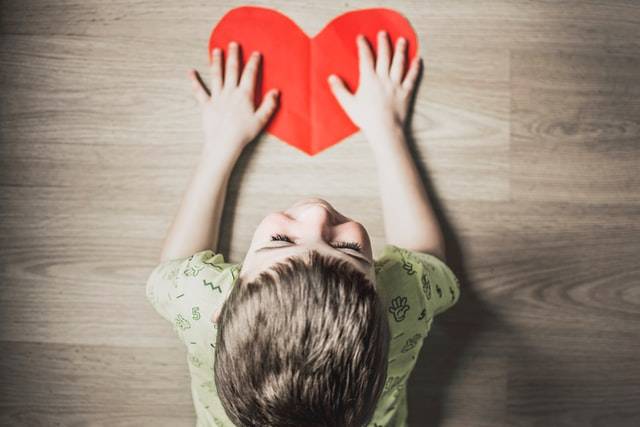Love and Our Children’s Feelings Children are primarily emotional beings and their first understandings of the world are emotional. Several studies have shown that the mother’s emotional state even affects the baby in the womb. The unborn child responds to the mother’s anger or happiness. And as children grow, they are extremely sensitive to the emotional state of their parents.
In the Campbell family, many times our children were more aware of their father’s feelings than of their own. Often, for instance, one of them would identify how I was feeling when I wasn’t aware of it. My daughter would say something like,
“What are you so angry about, Dad?” Even if I wasn’t aware of my anger, I would stop and think and realize that, yes, I was still upset about something that had happened during the day.
Other times, one of my children would say, “What are you so happy about, Daddy?” “How did you know I was so up?” I would ask, wanting to know if I had given some clue. Once our daughter Carey said, “Because you were whistling a happy tune.” I didn’t even realize I was whistling.
Aren’t kids great? They are so sensitive to our feelings. That is why they are so keenly aware of our displays of love to them. And that is also why they are afraid of our anger. We will talk more about this later.
We must communicate love in a language our children understand. The teenage runaway is a child who is convinced that no one loves him or her. Many of the parents of these runaways would protest that they do love their children, and that may be. But they have not successfully communicated that love. The parents have cooked meals, washed clothes,
provided transportation, and given educational and recreational opportunities. All of these are valid expressions of love if the unconditional love is in place first. But they are never a substitute for this most crucial kind of love, and children know the difference. They know if they are receiving what they most deeply cr ave.




No comments yet
Be the first to share your thoughts!